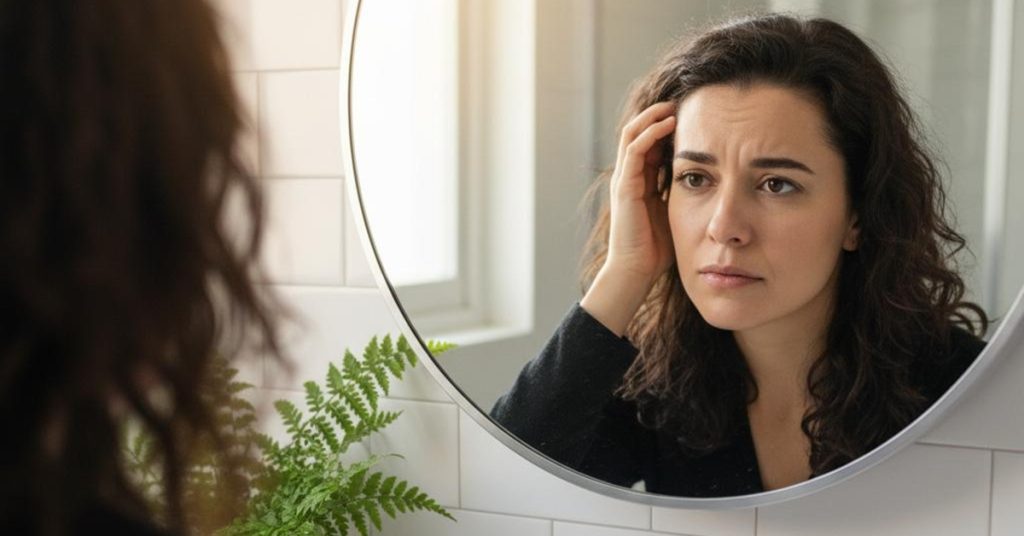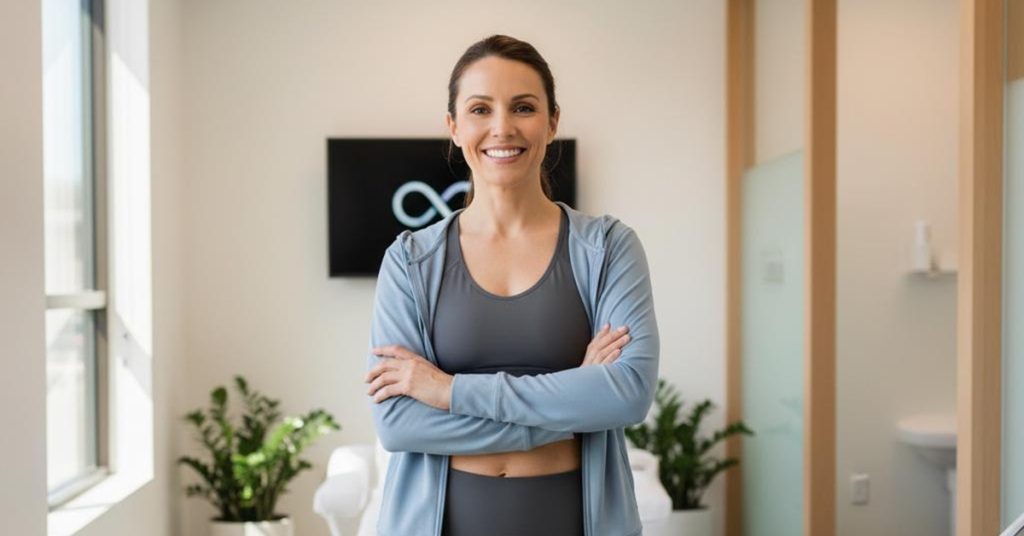A New Outlook on Skin Cancer Prevention

In the world of dermatology, one could argue that the risk of developing skin cancer is more relevant than ever. It’s the most common cancer in the United States, with more than five million cases diagnosed annually. But here’s the thing – many of these cases are preventable.
In this article, we’ll explore an innovative approach to reducing your risk of skin cancer, drawing from the latest research and expert recommendations.
Beyond Sunscreen
Sunscreen is often the first line of defense against UV damage, and for good reason. Yet, many people overestimate its protective capabilities, neglecting other essential sun safety measures. A holistic approach to sun protection includes:
- Protective Clothing: Wear long-sleeved shirts, pants, and wide-brimmed hats. These create a physical barrier that sunscreen cannot.
- Sunglasses: Protect your eyes and the surrounding skin with UV-blocking sunglasses.
- Shade: Seek shade whenever possible, especially during peak sun hours (10 a.m. to 4 p.m.).
Adopting this comprehensive strategy is crucial, especially for outdoor enthusiasts who spend significant time under the sun. Whether you’re hiking, gardening, or just enjoying a day at the beach, these measures can dramatically decrease your risk of exposure.
Environmental Awareness
Understanding the environmental factors that influence UV exposure is another key component of effective sun protection. Reflective surfaces such as water, sand, and snow can intensify UV radiation, increasing your risk of sunburn and long-term skin damage.
Furthermore, it’s vital to address sun safety in various settings:
- Outdoor Work Environments: Employers should provide protective gear and shaded areas for breaks.
- Sports and Leisure Activities: Coaches and event organizers can schedule activities during safer sun times and encourage participants to wear protective gear.
Raising awareness of these factors can lead to more informed decisions and healthier behaviors.
The Importance of Sunscreen Stewardship
“Sunscreen stewardship” is about maximizing the effectiveness of sunscreen through proper selection and application. Here are some guidelines to follow:
- Choose Broad-Spectrum Sunscreens: These protect against both UVA and UVB rays.
- Use SPF 30 or Higher: Higher SPF provides better protection, especially for extended outdoor activities.
- Apply Generously and Frequently: Use about one ounce (a shot glass full) for full-body coverage and reapply every two hours, or more often if swimming or sweating.
By becoming stewards of our own skin health, we can significantly enhance the protection offered by sunscreen.
Diet and Supplements in Skin Cancer Prevention
Emerging research suggests that certain foods and supplements may offer additional protection against UV damage. Foods rich in antioxidants, such as berries, nuts, and leafy greens, can help neutralize free radicals generated by UV exposure.
Additionally, supplements such as vitamin D and omega-3 fatty acids have shown promise in supporting skin health. However, it’s essential to consult with a healthcare provider before starting any new supplement regimen.
Practical Integration into Daily Life
Incorporating these strategies into daily routines doesn’t have to be cumbersome. Here are some tips to overcome common barriers:
- Set Reminders: Use your phone to remind you to reapply sunscreen or take breaks in the shade.
- Plan Ahead: Pack protective clothing and sunglasses when heading outdoors.
- Educate and Empower: Share your knowledge with others, particularly parents and caregivers of children, to foster a community committed to sun safety.
Act Today
Your skin is your body’s largest organ and protecting it should be a priority. By implementing these holistic sun protection strategies, you can significantly reduce your risk of developing skin cancer.
Ready to take the next step? Schedule a consultation with one of our board-certified dermatologists at DESSNA. They’ll provide personalized advice to help you safeguard your skin’s health.
Remember, the best time to start protecting your skin is now. Together, we can create a future with fewer skin cancer diagnoses and healthier lives.



